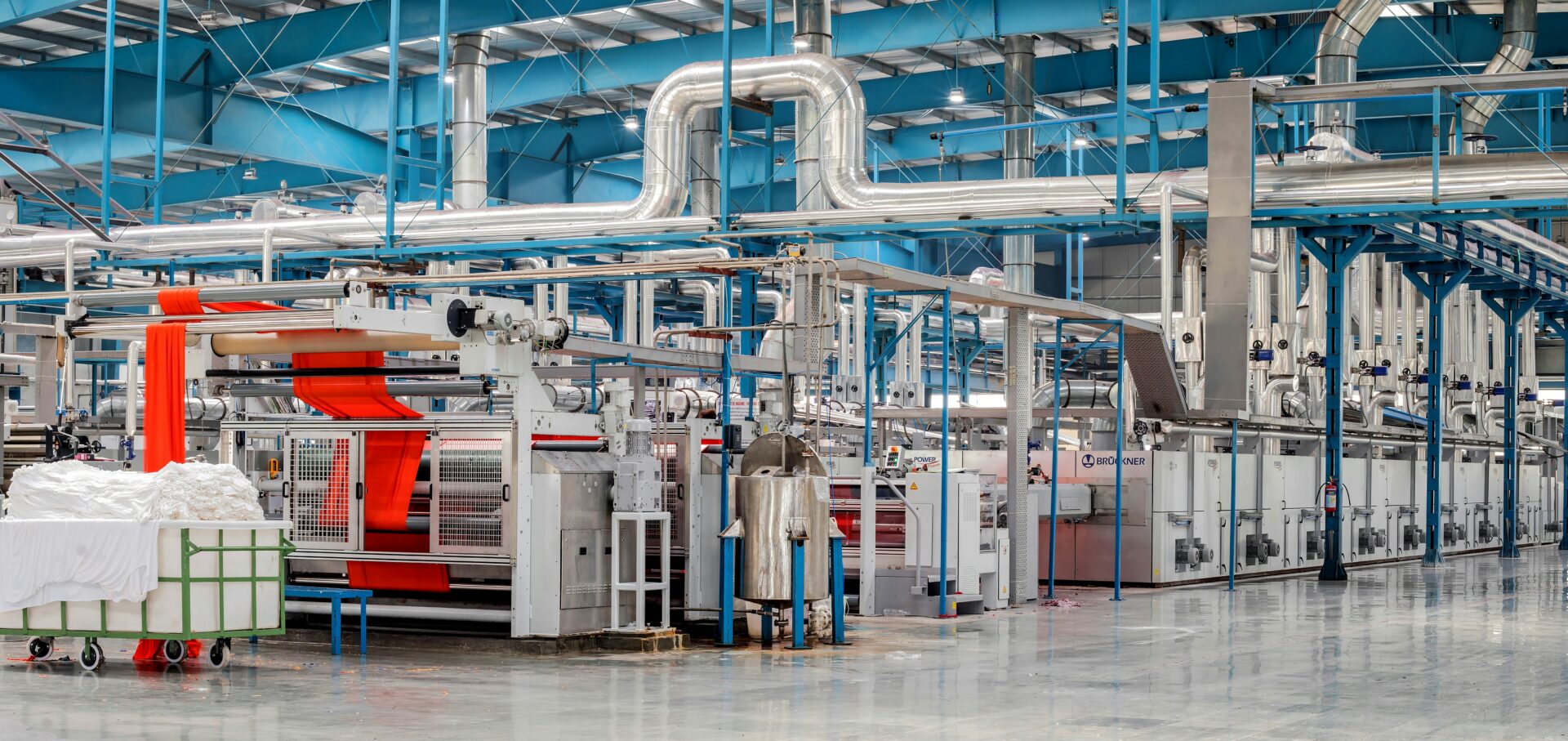Supporting working mums at Leyton UK
Even in the best of circumstances, we know that it can be challenging to balance a successful car...

Applying for an EII certificate through the EII exemption scheme will mitigate the rising cost of energy bills for industries that are high energy users. This article provides EII scheme guidance by answering frequently asked questions about the Energy Intensive industries (EII) exemption scheme to help businesses understand if it’s the right energy tax relief scheme for them.
EII stands for Energy Intensive Industries. The UK Government defines Energy Intensive Industries as “industrial sectors – usually manufacturing industries – that are high users of energy”. Energy Intensive Industries have a high proportion of fuel energy costs over other costs such as labour, as part of their overall production costs.
The UK Government supports high energy usage business with their electricity costs through the Energy Intensive Industries (EII) exemption scheme. The scheme is a form of energy tax relief that allows eligible companies to reduce their energy bills through an exemption on taxes that fund low-carbon and renewable support schemes. Energy Intensive Industries tend to be manufacturers such as steel and chemical producers.
Businesses’ electricity bills include a series of taxes that fund renewable energy schemes, which help pay for the UK Government’s Net Zero Strategy for decarbonising the UK economy by 2050. These renewable energy schemes fund renewable energy generation (solar, wind, solar, hydro and nuclear power). There are three different schemes:
These taxes put UK businesses at a competitive disadvantage internationally, so there is therefore a risk that these firms could move production abroad to countries with lower emission curbs. This is known as ‘carbon leakage’ and would defeat the point of trying to cut global greenhouse gas emissions. To lower the risk of carbon leakage, the UK Government created the Energy Intensive Industries (EII) exemption in 2016. The EII scheme mitigates the impact of renewables policies allowing businesses to stay competitive internationally.
The EII scheme is not technically a compensation scheme. Instead, it reduces renewable energy (electricity) related taxes by exempting eligible companies from having to pay by providing them with an exemption certificate. There is a separate UK Emissions Trading Scheme (UK ETS) that acts as a compensation scheme where you receive compensation payments periodically.
The UK Government offers relief for Energy Intensive Industries in the form of an EII certificate, exempting them from the indirect costs of renewable energy taxation schemes.
Qualifying businesses receive an EII certificate, which confirms that they are eligible for Contracts for Difference (CfD), Renewables Obligation (RO) and small-scale Feed-in Tariffs (FIT) exemption. To receive the exemptions businesses must pass the EII certificate to their electricity provider.
The UK Government guidance lists two tests for determining whether a business is eligible for an EII certificate. These include:
Beyond these tests, businesses must also:
Most of the qualifying Energy Intensive Industries are from manufacturing industries, including:
The full list of sectors that qualify for the ‘sector level test’, along with their 4-digit NACE codes (which are needed for the sector level test) are listed within the UK Government’s EII guidance for applicants.
EII certificates are valid for one year. Businesses must reapply for a certificate on a yearly basis, applying for a new one before their current certificate expires.
Businesses eligible for the Energy Intensive Industries exemption scheme can claim for 15-30% of the costs of their total energy bills. You can find out how much you can claim by speaking to one of our energy tax experts.
The UK Government has recently extended the length of the EII exemption scheme to at least the 31st of March 2025, with payments backdated to 1st of April 2022.
Read our Food Packaging Manufacturing case study for an example of how we’ve helped businesses successfully receive energy tax relief through the Energy Intensive Industries (EII) exemption scheme.
The Energy Intensive Industries (EII) exemption scheme is one of several energy tax relief schemes offered by the UK Government. To find out more about the different energy schemes, read our UK energy crisis tax exemptions guide for high energy businesses on how to cut rising energy price costs.
Our Energy Team has a wealth of experience in successfully helping eligible businesses unlock the maximum amount of exemption that they can receive – this is a significant portion of energy costs! We offer an end-to-end service: we’ll put together your entire claim, handle all the administration and submit your completed application to the government. It’s a simple process that only takes us a matter of days.
Explore our latest insights

Even in the best of circumstances, we know that it can be challenging to balance a successful car...

Small and Medium-sized enterprises (SMEs)are the lifeblood of innovation in the UK. We’ve dived i...

Full expensing is a first-year allowance that allows businesses to reduce their tax liability and...

To help businesses understand if their work qualifies for R&D Tax Relief and to make sure tha...